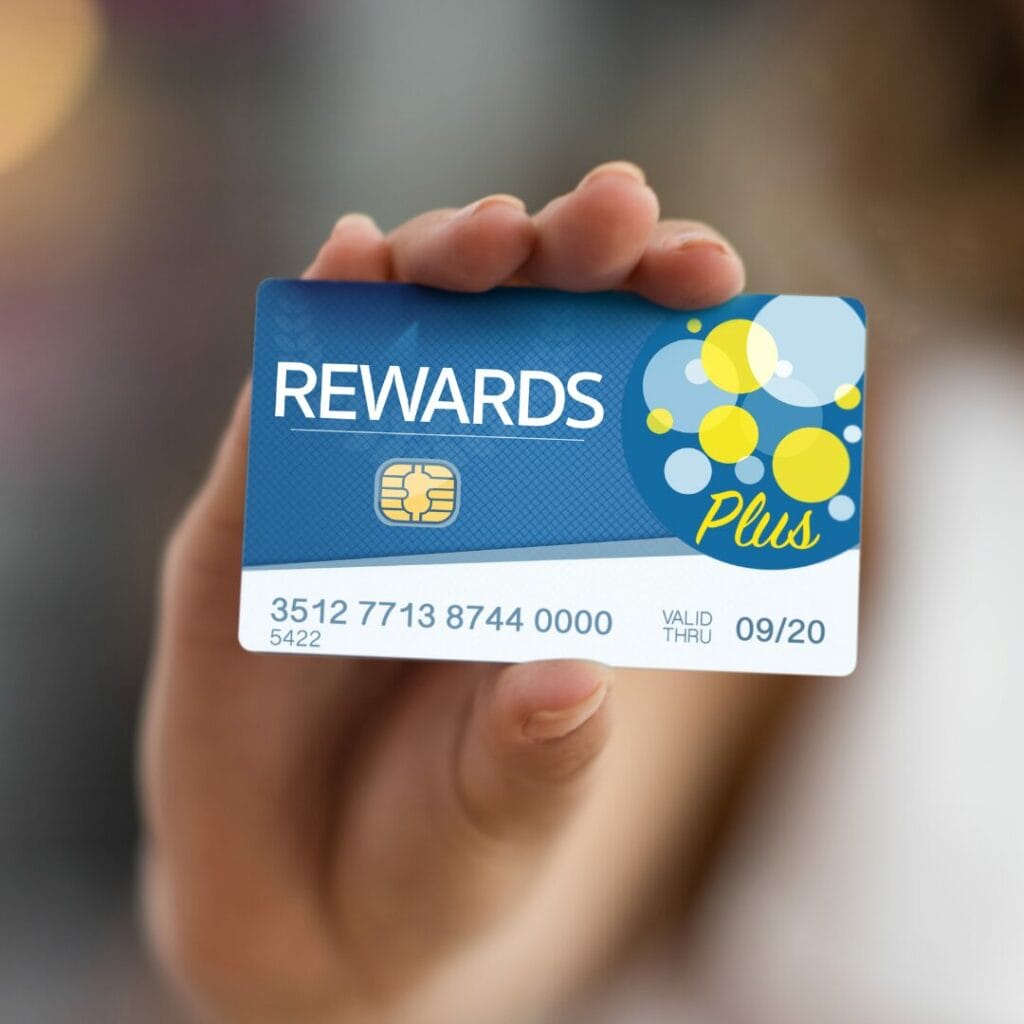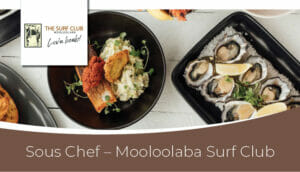The recent launch of Opal Elite Rewards program at LIONS@Springwood and the new Nexus Digital Loyalty System at Gaythorne RSL prompted me to think that now might be a good time for other Clubs to re-valuate their rewards program, but when assessing the effectiveness, how much attention should Clubs give to the noise around the recent opening of Queen’s Wharf, the cost of living crisis, and industry challenges like rising food costs?
While many questions remain about Queen’s Wharf, it doesn’t appear that Clubs should be too concerned about The Star Club Member Benefits. At this stage, it is still the standard program that was running at the Treasury and is still running at Star’s Gold Coast and Sydney venues. Also, as discussed on the recent DWS podcast, a Club’s core gaming market is likely to be in the 55+ age group with a female skew, whereas casinos generally attract a younger, male-skewed audience. Furthermore, a regular gaming patron at a Club is not in the same league as a VIP customer at a casino and they generally do not qualify for the high tier offers. But not to say Queen’s Wharf isn’t going to aggressively target gaming patrons at Clubs in the future!
Tough times may not require tough decisions on a rewards program. When you take into consideration that the core gaming market is aged 55-70, 80% of which are homeowners either without a mortgage, or else a small mortgage nearing the end of its life – it’s likely that many gaming patrons are less affected than the rest of the Australian market. They are also at a different stage of their careers, and many are retirees so are less affected by the lack of income growth. While the cost-of-living crisis affects everyone due to rising prices of essential goods and services, the core gaming market of older Australians is less affected compared to younger markets.
Instead of being distracted by external babble when trying to make a rewards programs work harder and smarter, Clubs need to look inward and focus on their marketing strategy and consider loyalty more broadly in the marketing mix than just short-term tactics such as reward points and tier levels.

This requires the examination of a Club’s business objectives, target audiences, and customer touch points, with a focus on data-driven decision making.
With the fast-paced nature of Club-land, finding the time and resource for strategic marketing can be easier said than done. So, I am delighted to introduce you to Linda Joannides, the new Marketing Strategy Consultant at DWS Hospitality Consultants.
Linda has an in-depth knowledge of Club and Casino marketing and worked as an Executive Manager at some of NSW’s leading clubs. She designed and developed the first-ever Club loyalty program in Australia and co-created a VIP Host Management program. She has produced a variety of workshops for Hospitality, Gaming, Marketing, Loyalty and Artificial Intelligence for Marketing.

Linda Joannides, Marketing Strategy Consultant for DWS Hospitality Specialists
In her role at DWS Hospitality Specialists, Linda will work directly with Clubs in Queensland to assist with the following:
- Provide strategic marketing direction
- Develop effective loyalty and player development programs
- Mentor existing staff to elevate skill sets and industry knowledge
- Create targeted and accountable communications/social media channels
- Maximise revenue streams and enhance patron experience.




